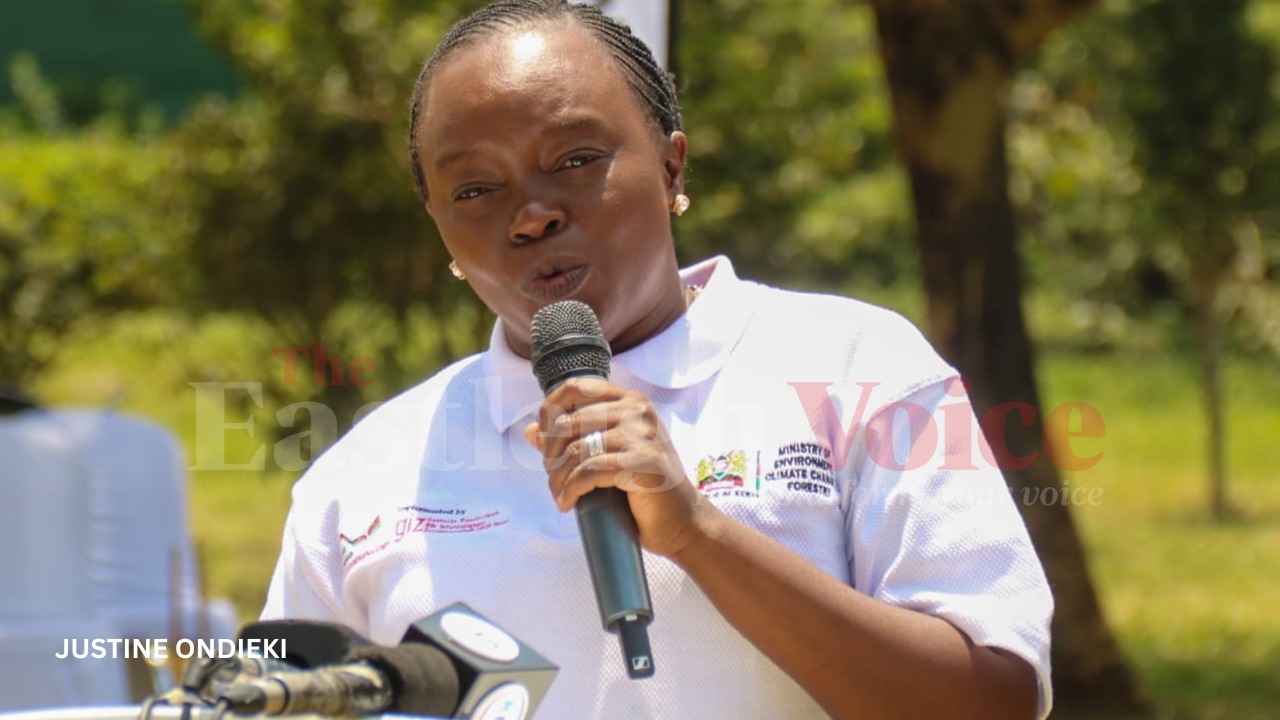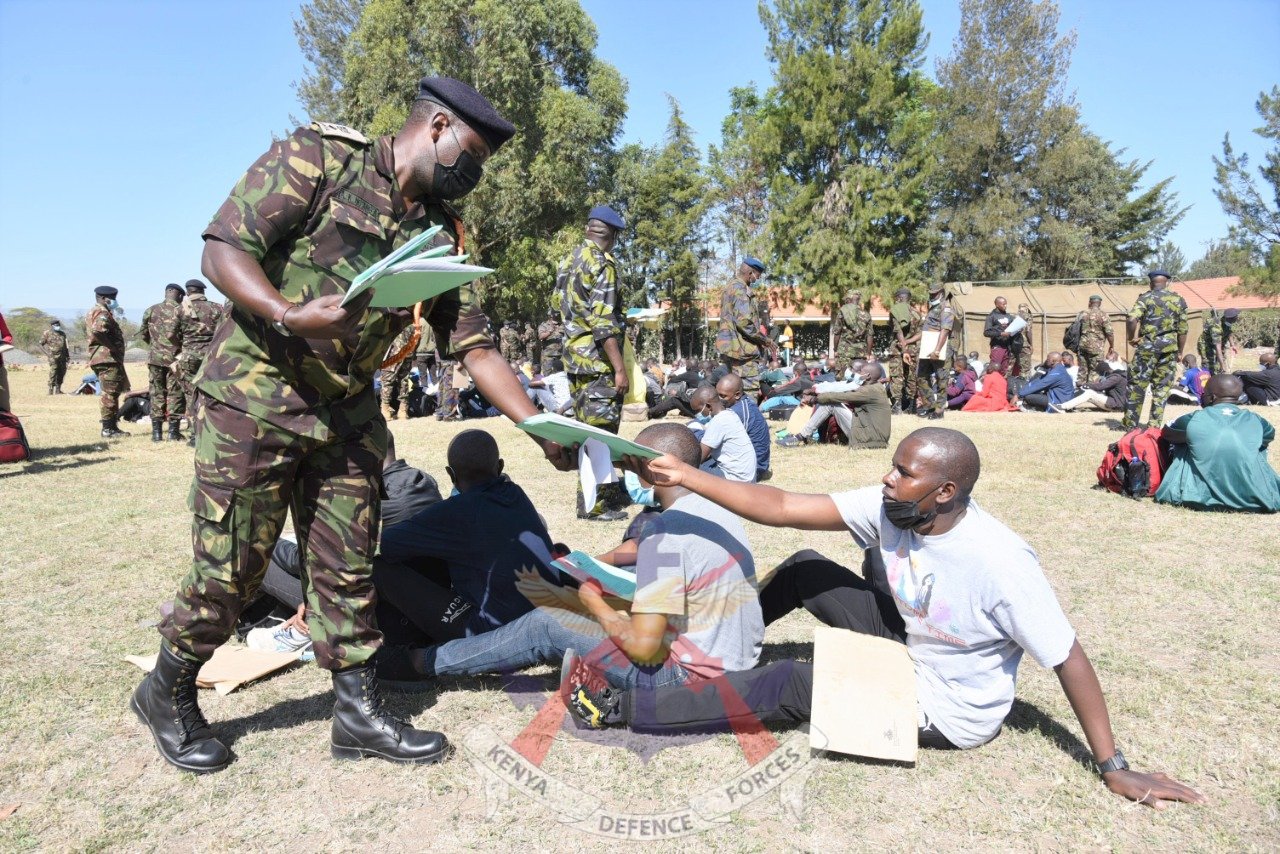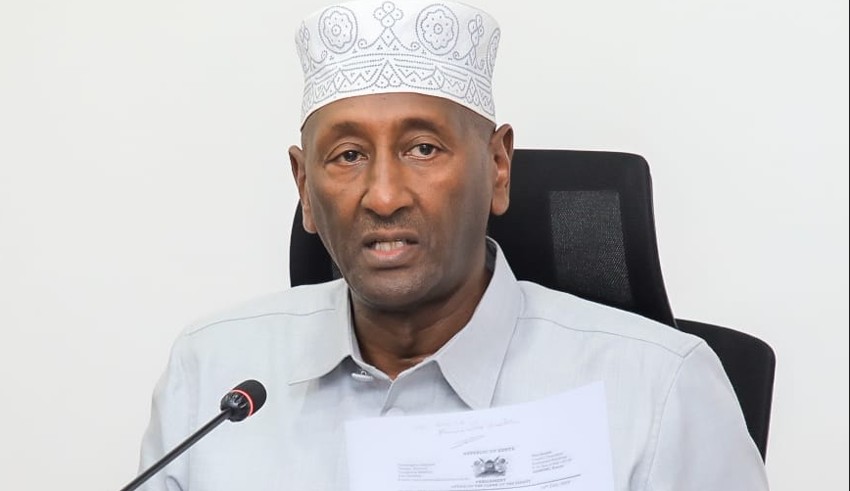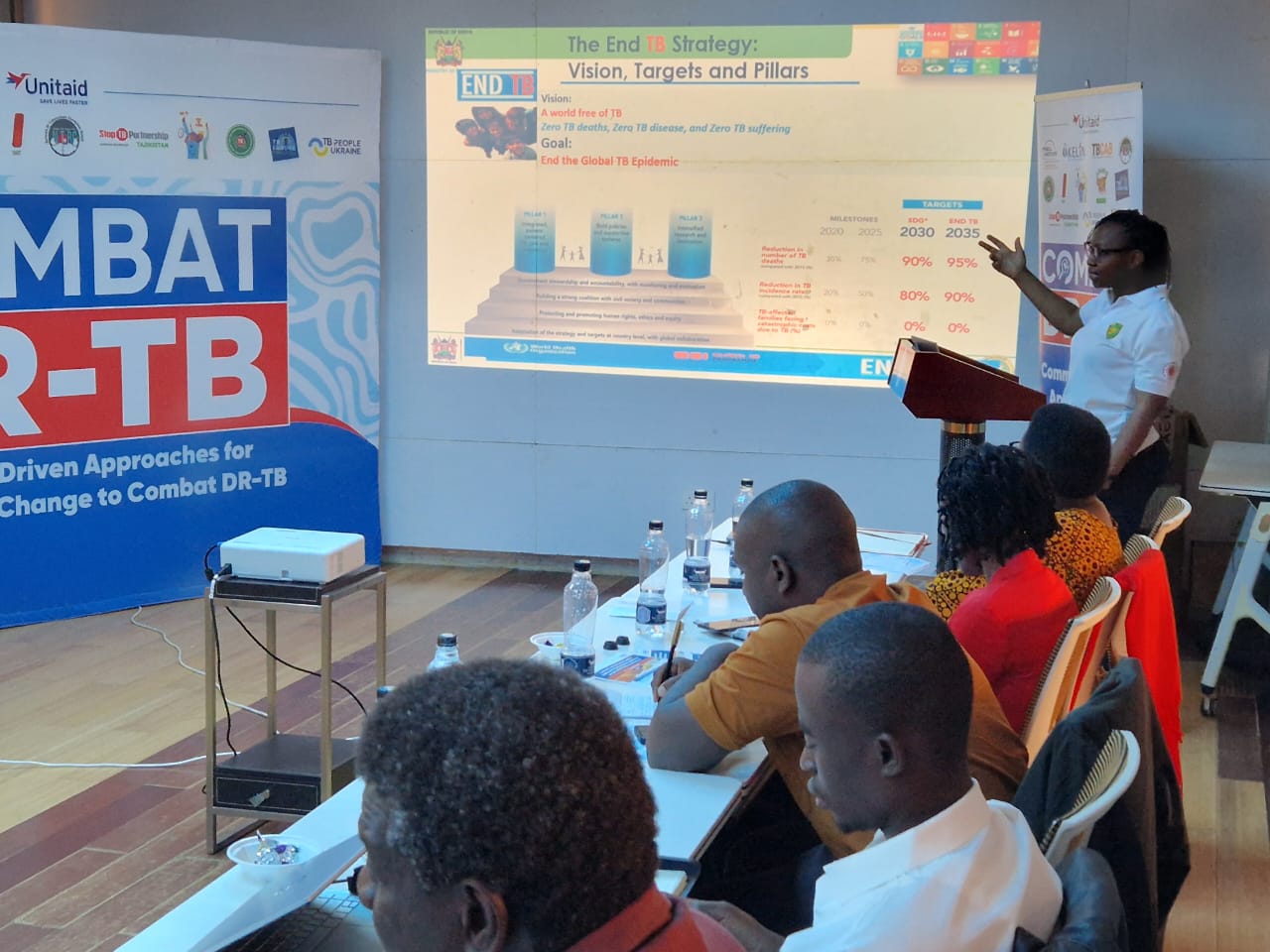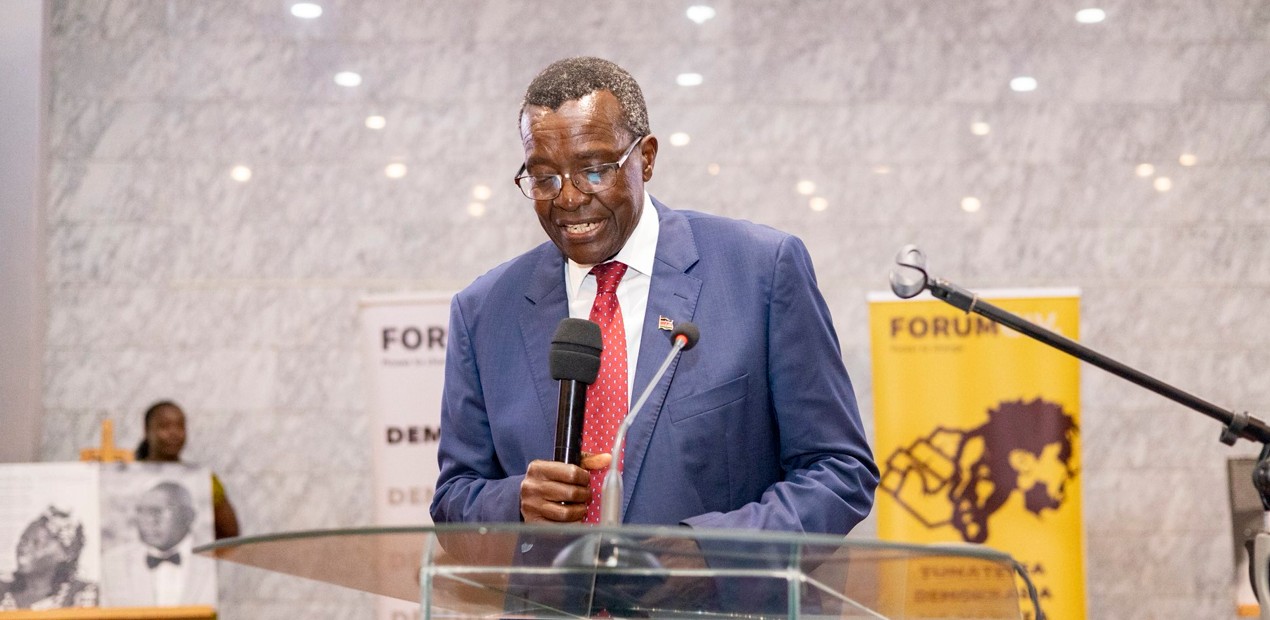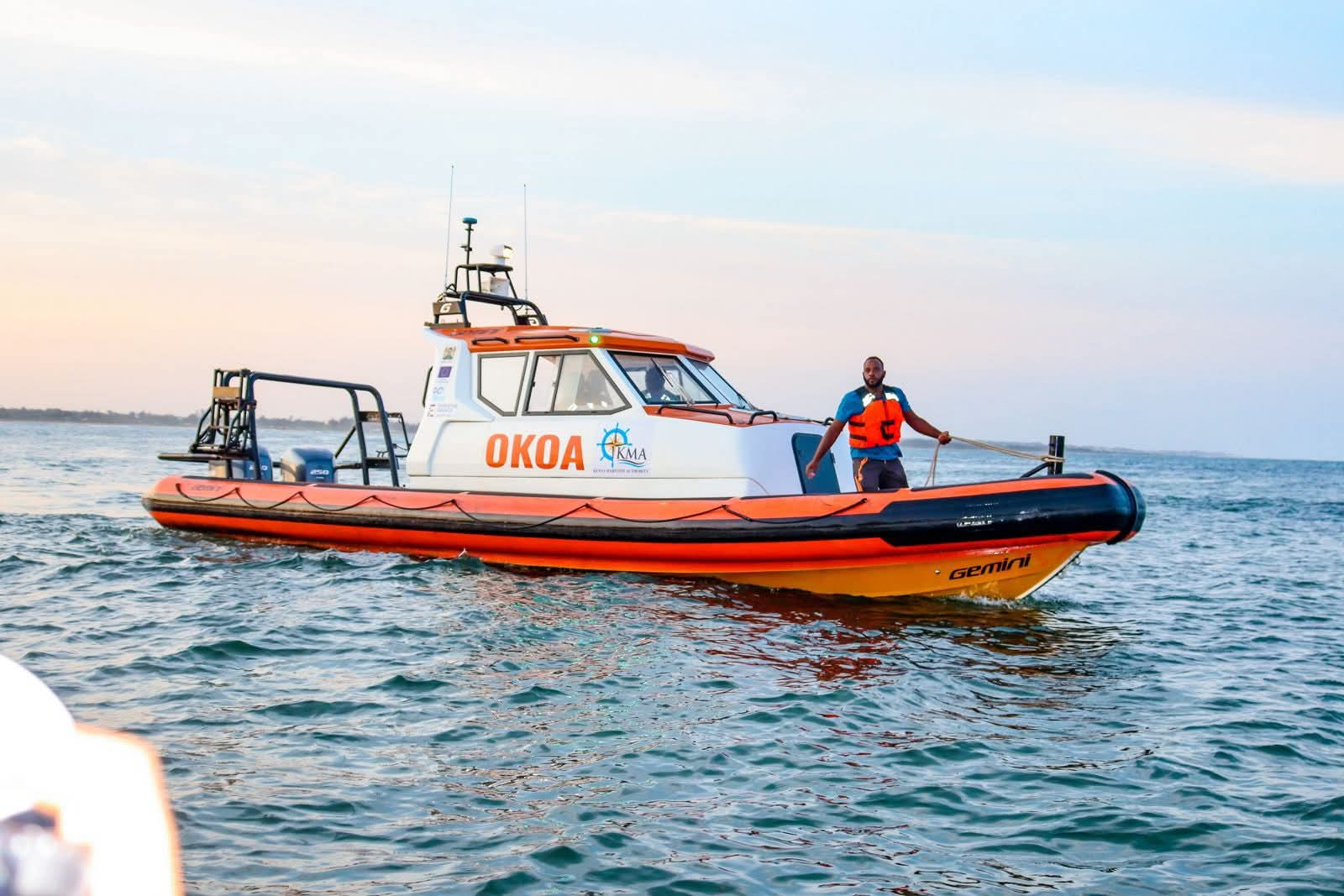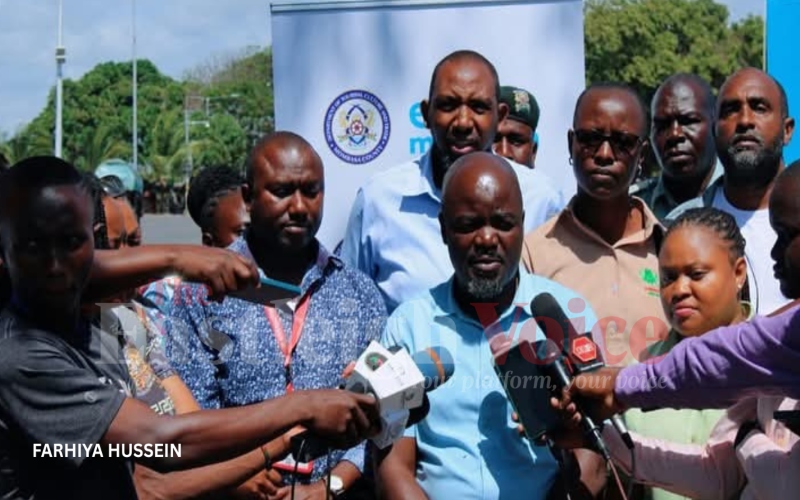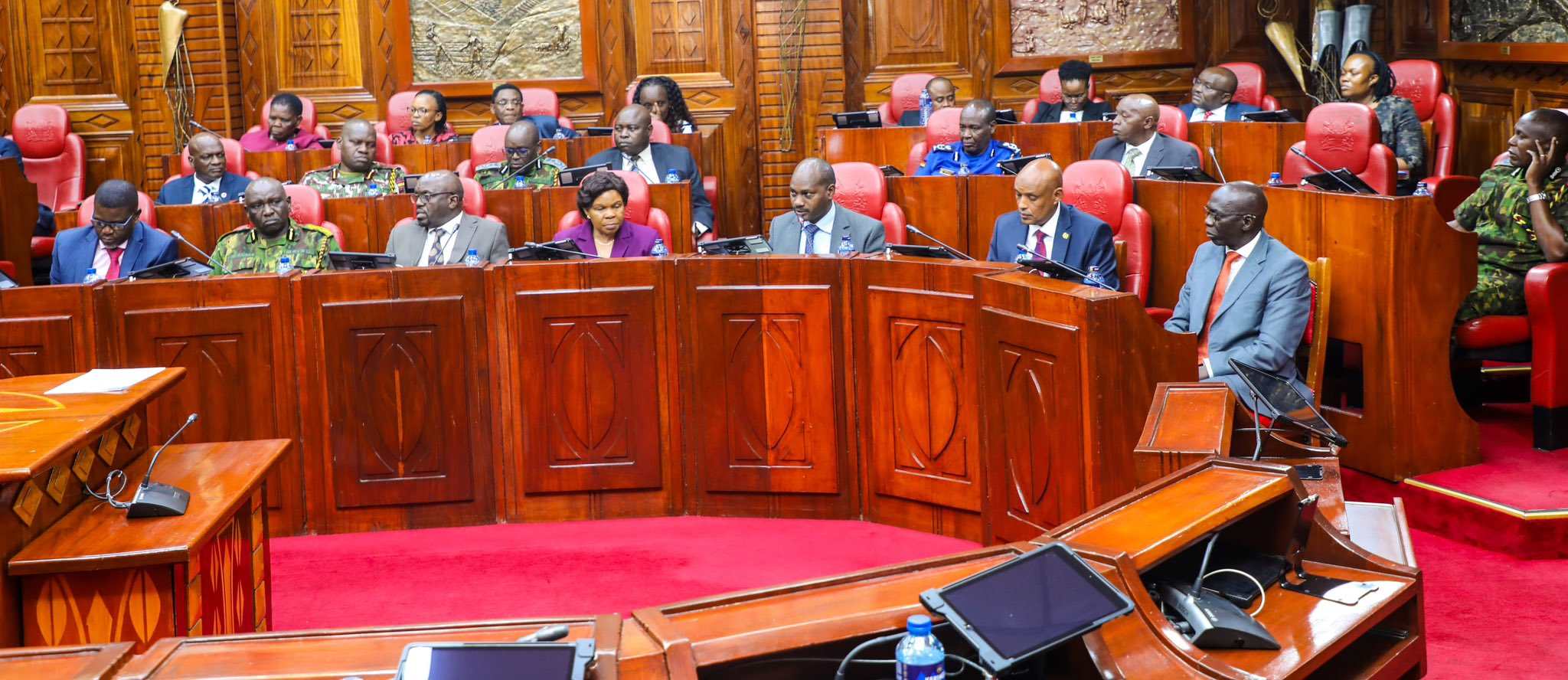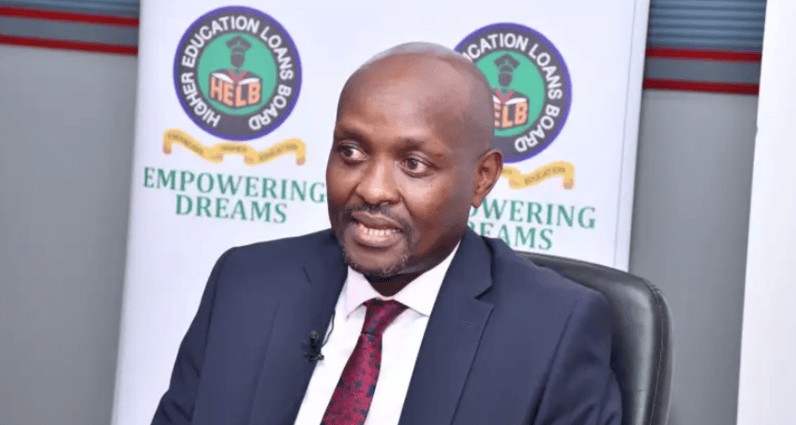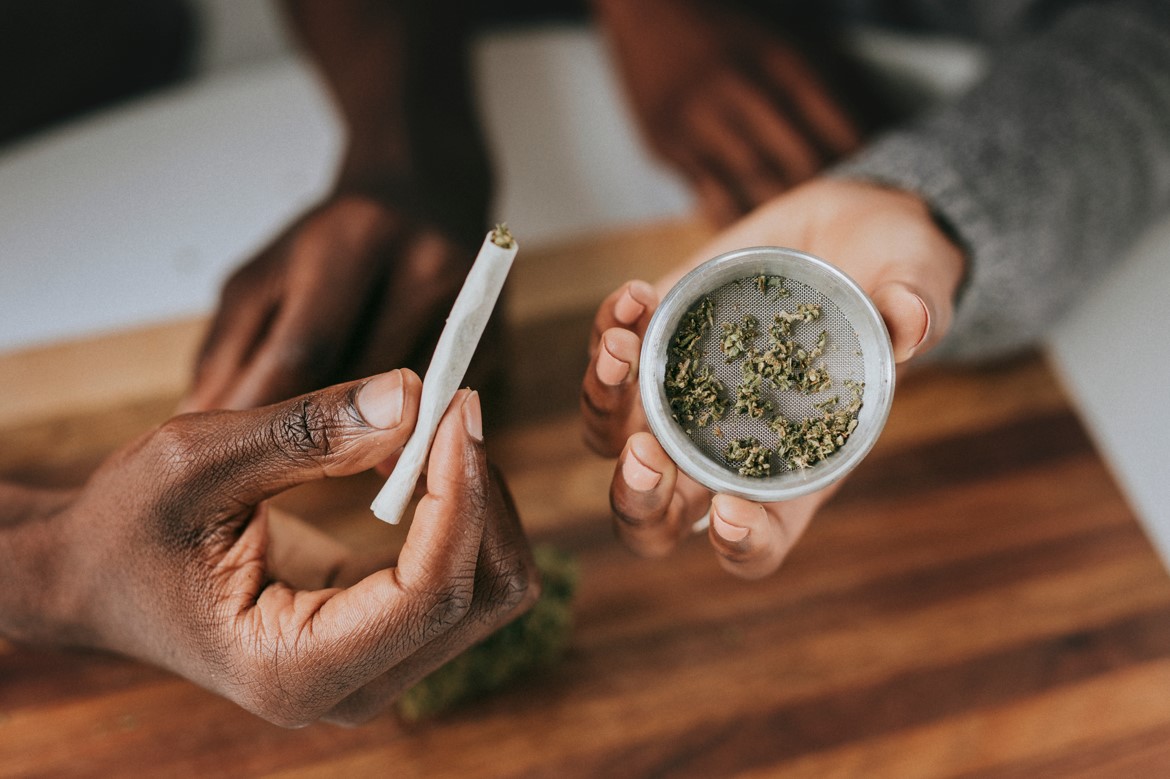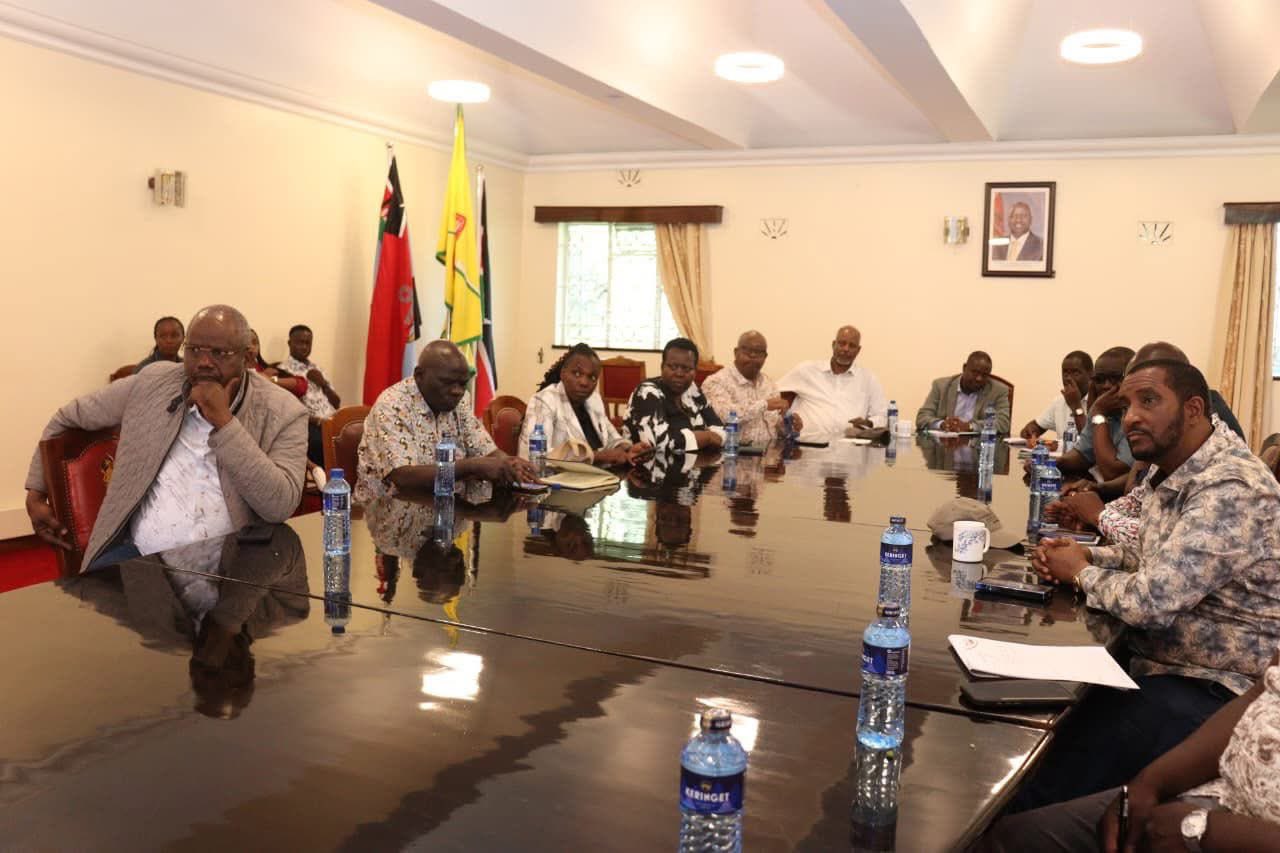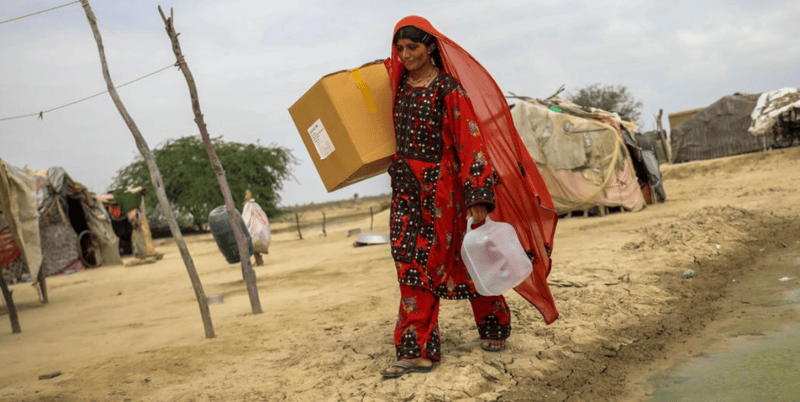Kenya to send more police officers to Haiti to reach target of 2,500 troops, Ruto says
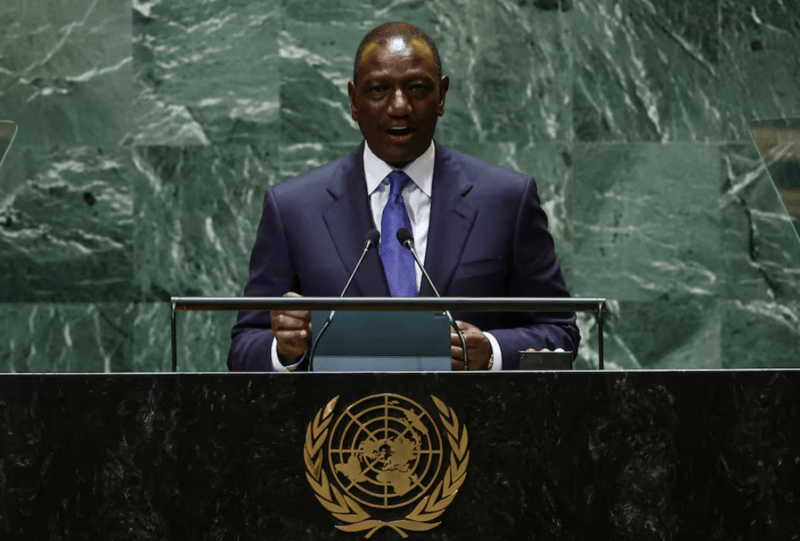
Kenya had initially pledged to send 1,000 officers, and Ruto confirmed that the remaining personnel would be deployed in January 2024 to reach the full target.
Kenya will deploy additional police officers to Haiti to help the government fight armed gangs as part of a 2,500-strong multinational force.
President William Ruto announced on Thursday during the United Nations General Assembly (UNGA) in New York.
More To Read
- Ruto reserves 20 per cent of affordable housing units for teachers
- President Ruto backs UN peace efforts in Sudan, urges warring sides to end violence
- President Ruto defends teachers’ State House meeting amid backlash
- Sifuna’s Kenya Moja outfit vows to end Ruto’s reign in 2027
- Kenya appeals for global support to secure peace in Somalia, Haiti
- Broad-based government gains 7 per cent support but faces rising opposition - TIFA
He noted that the deployment aims to restore stability in the conflict-ridden Caribbean nation.
While addressing the assembly, Ruto said the first contingent of 382 Kenyan police officers had already been deployed to Haiti and had made significant progress in securing key infrastructure and liberating areas once controlled by gangs.
Kenya had initially pledged to send 1,000 officers, and Ruto confirmed that the remaining personnel would be deployed in January 2024 to reach the full target.
"We are proud of the progress made by our officers on the ground in Haiti. They have been instrumental in regaining control of critical areas and ensuring the safety of local communities," Ruto said.
He expressed gratitude to the United States, Canada, and other international partners for their financial and logistical support in facilitating the mission, which operates under the Multinational Security Support (MSS) initiative.
"We deeply appreciate the backing from the US, Canada, and other nations. Their contributions have been crucial in sustaining this mission," Ruto said.
President Ruto also acknowledged ongoing challenges, particularly the lack of sufficient resources from some member states.
He urged the international community to step up its support for Haiti, either by contributing directly to the MSS, to countries involved in the mission, or through the United Nations Trust Fund.
"Kenya and other African nations are ready to deploy more officers, but we face limitations in terms of equipment, logistics, and funding. I call on member states to stand in solidarity with Haiti by providing the necessary support," he said.
He further assured that Kenya remains steadfast in its commitment to the mission, adding that the full deployment of 2,500 officers would be completed by January next year.
"The progress in Haiti shows that what was once considered an impossible mission is now within reach," he said.
Haiti has struggled with widespread instability since the assassination of President Jovenel Moïse in July 2021. The situation worsened as gangs took control of key infrastructure, prompting the country to seek international assistance.
Kenya agreed to lead a peacekeeping mission following discussions between Haitian Prime Minister Ariel Henry and Kenyan officials during his visit to the country in March 2024.
However, Henry later resigned as gang violence escalated. In his place, a Transitional Presidential Council was established to guide Haiti towards political stability, with elections set for February 2026.
The council appointed Garry Conille as the new Prime Minister to oversee the transition.
Top Stories Today


